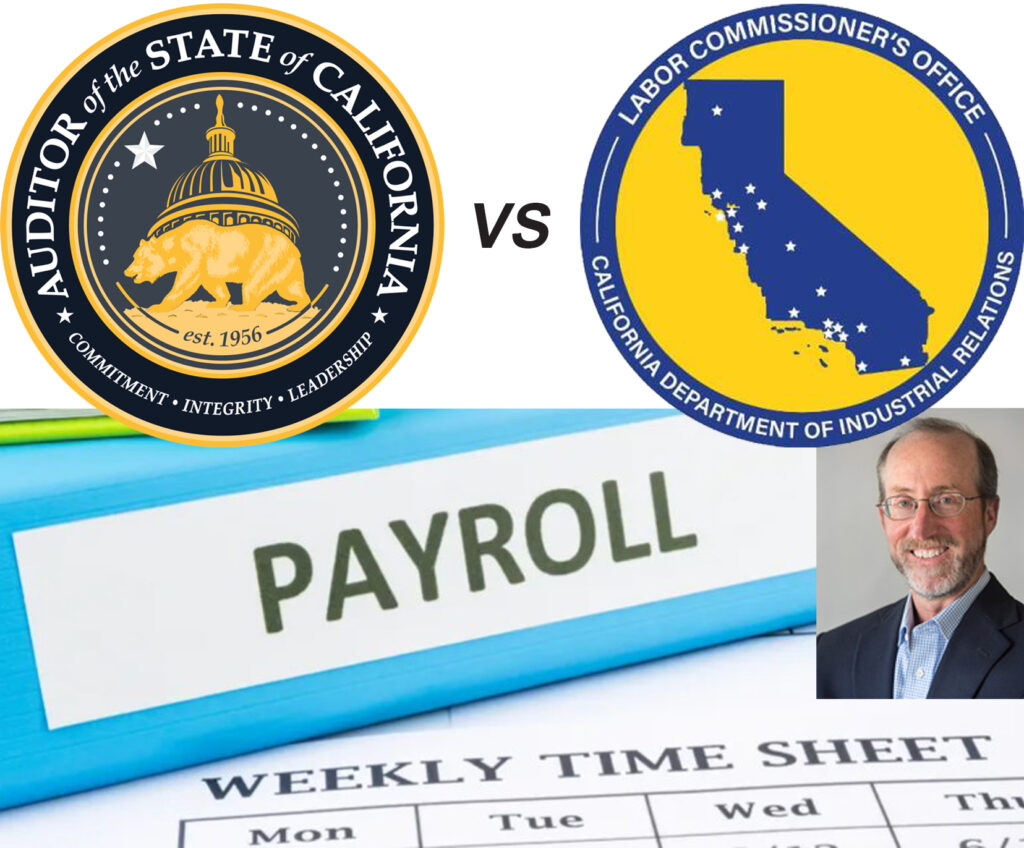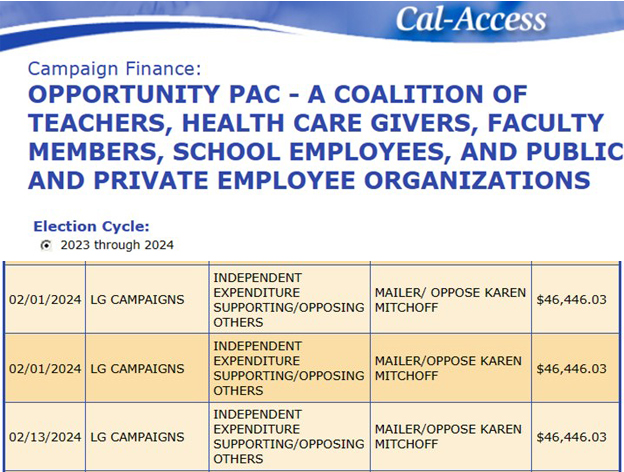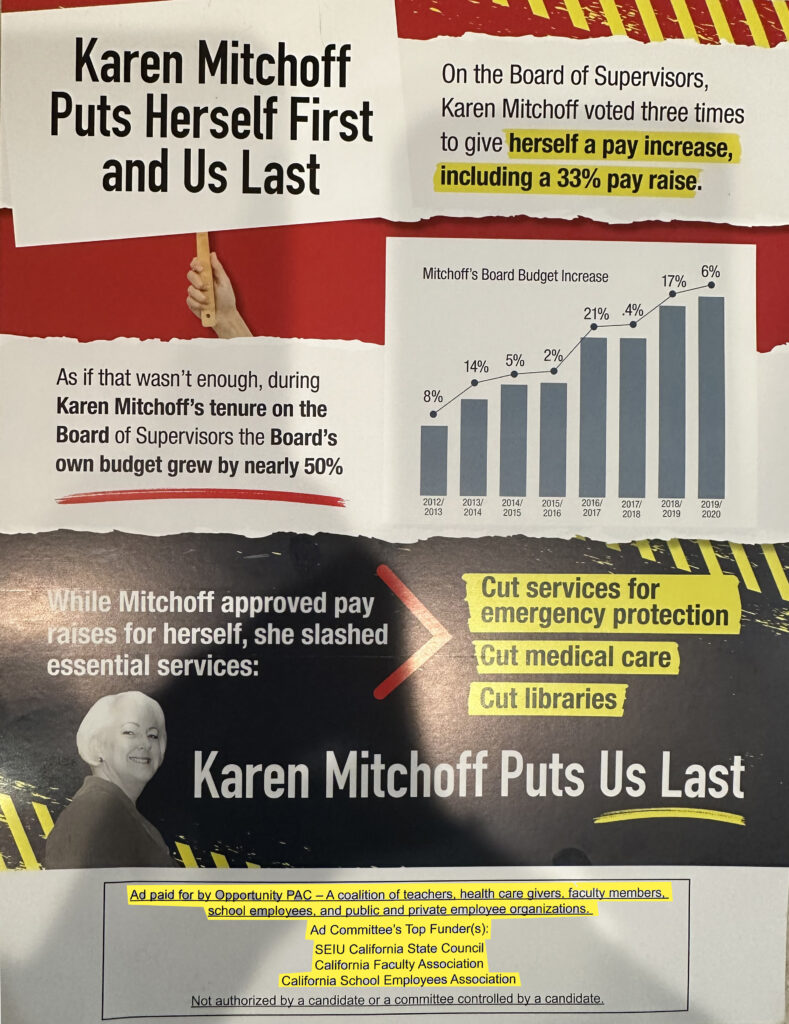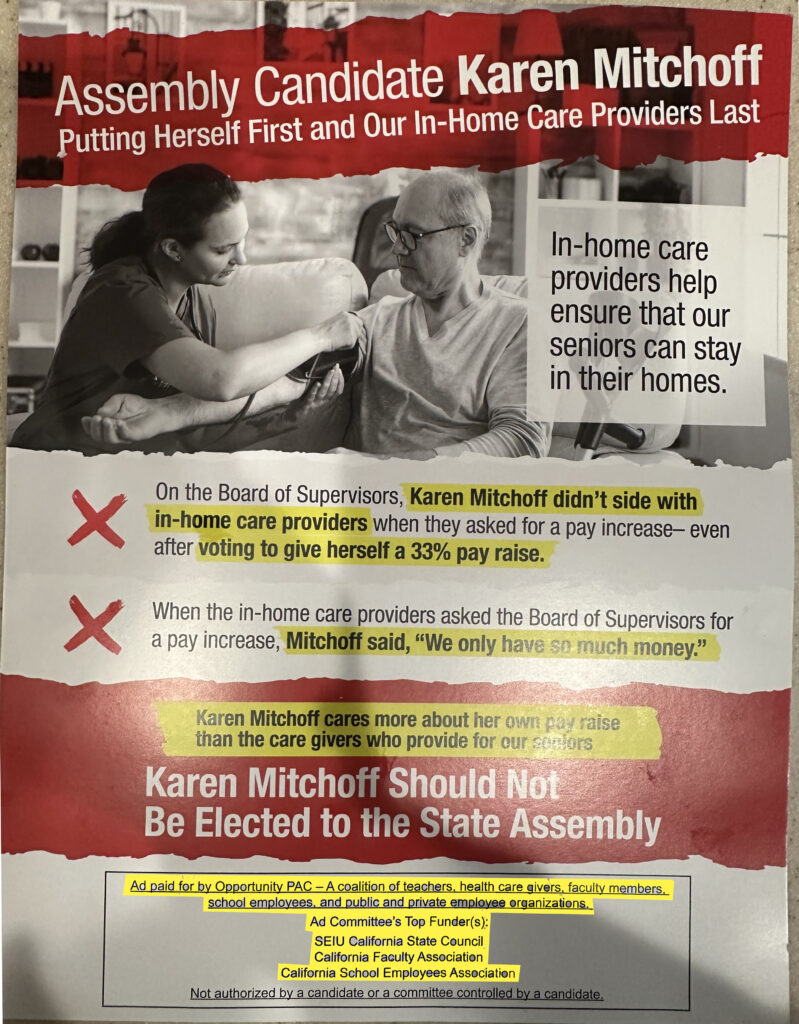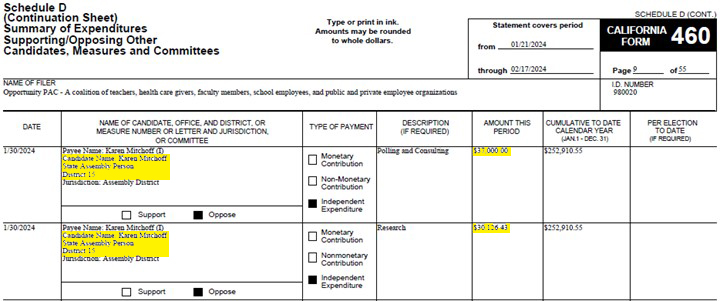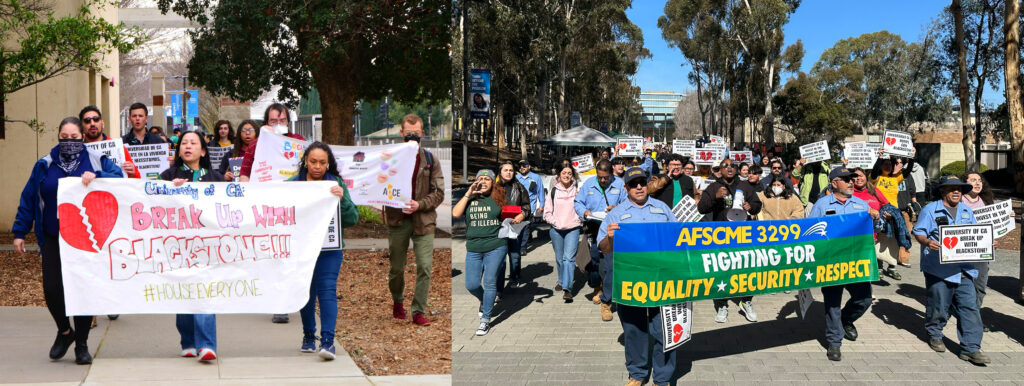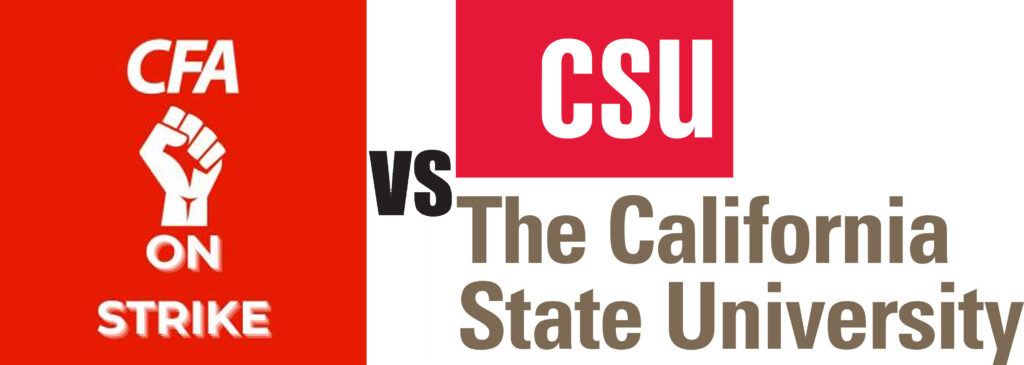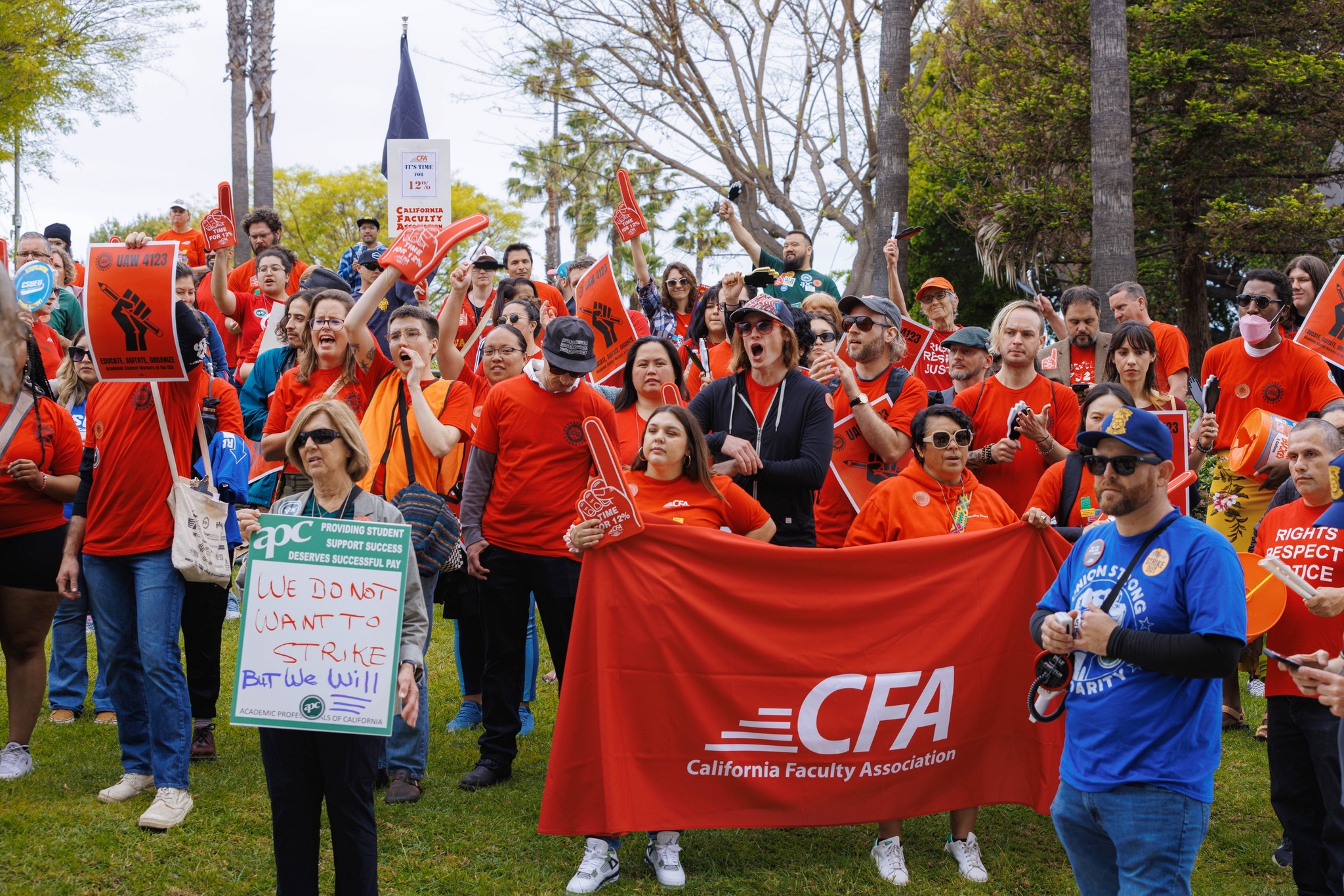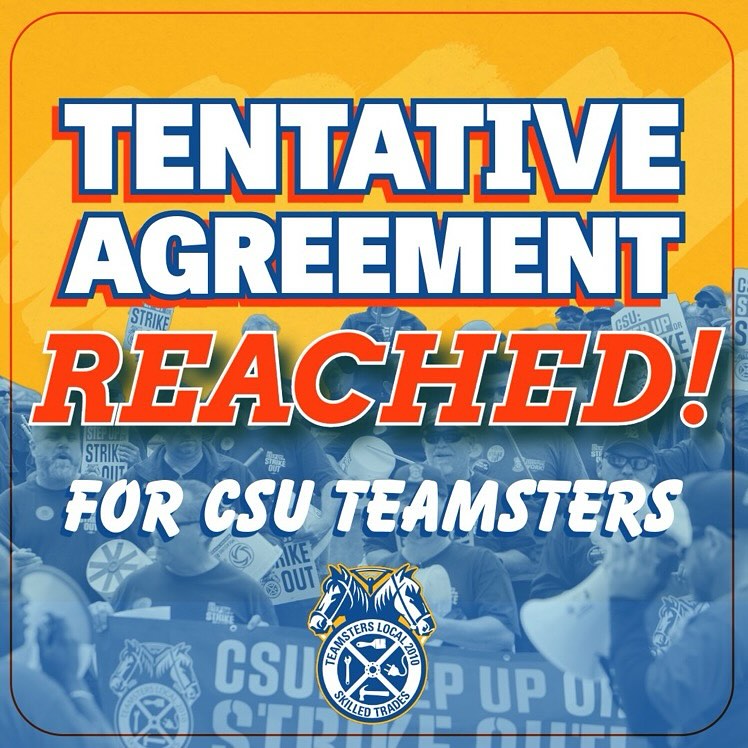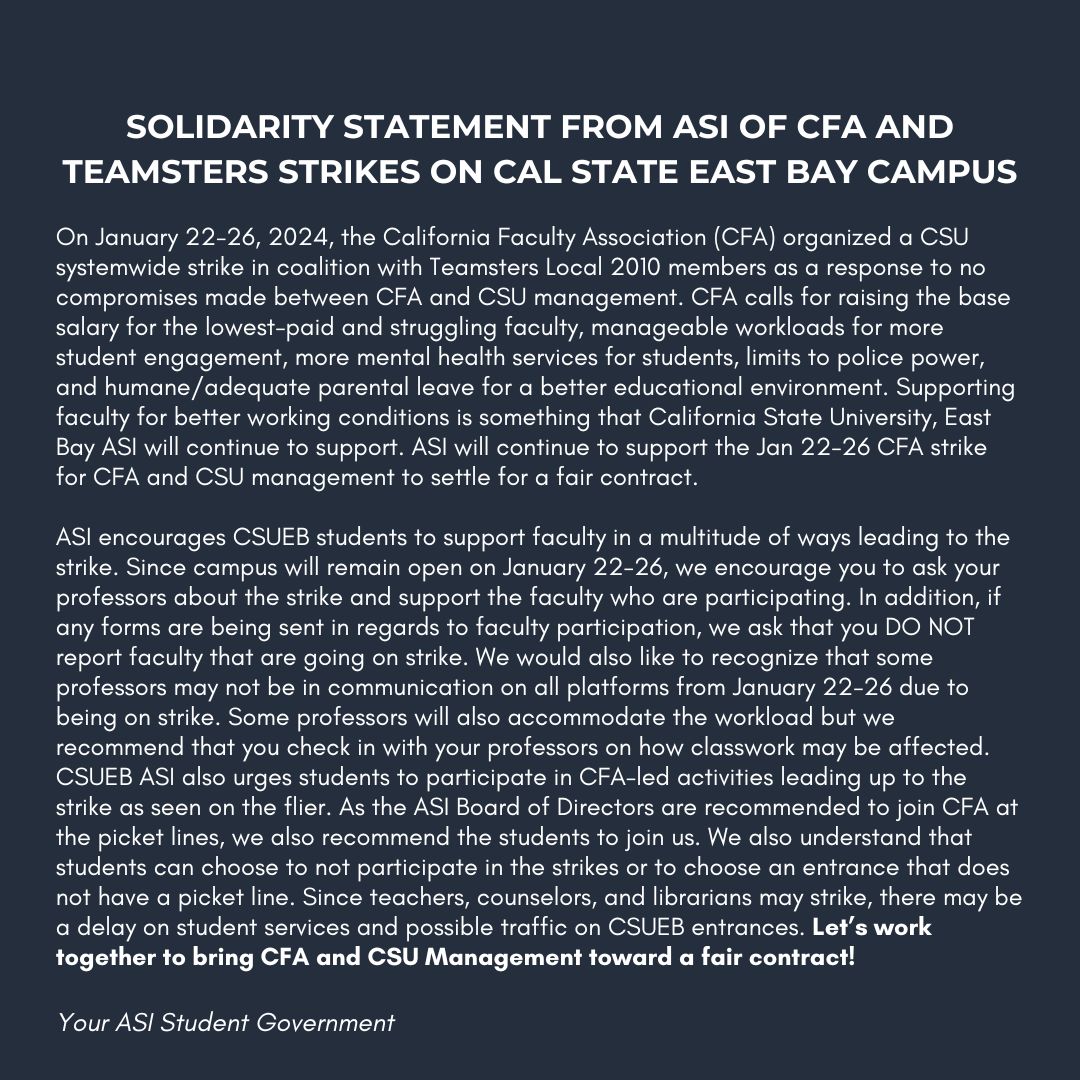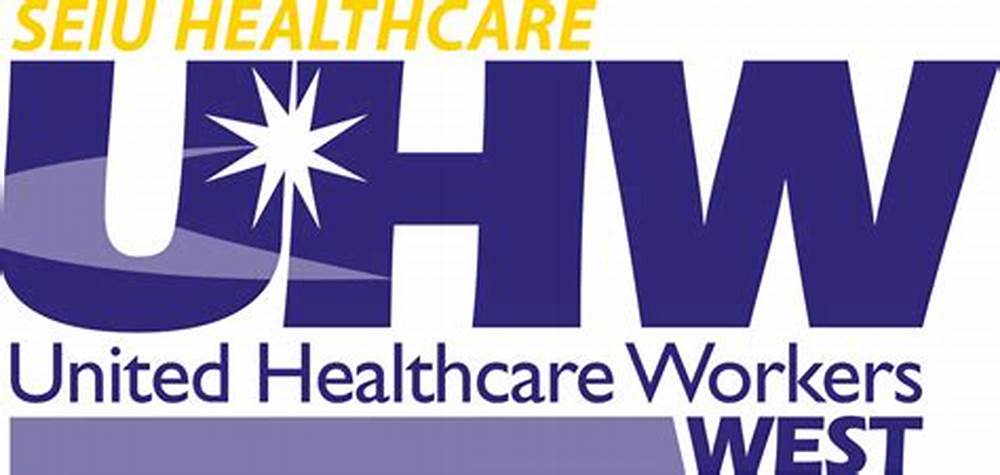Senator Glazer’s request leads to findings of workers cheated out of $63.9 million in past wages
Calls it a failure to act on behalf of workers
Report claims inadequate staffing, poor oversight have weakened protections for workers
SACRAMENTO – California Labor Commissioners have stood idly by as a massive backlog in wage theft cases piled up worth $63.9 million in lost wages to workers as its enforcement unit failed to enforce and collect wages in 76 percent of cases in which employers were found to owe wages, according to a report released Wednesday by Grant Parks, the California State Auditor.
The scathing audit came as a result of a March 2023 request through the Joint Legislative Audit Committee by Senator Steve Glazer, D-Contra Costa, and Assemblyman David Alvarez, D-San Diego. It was based on news reports about the lack of wage theft enforcement.
Parks reported his findings to the Governor, President pro Tempore of the Senate and Speaker of the Assembly about the “Department of Industrial Relations’ Division of Labor Standards Enforcement, also known as the Labor Commissioner’s Office (LCO).” Lilia García-Brower is the current state Labor Commissioner and was appointed to the position by Governor Newsom in July 2019. Neither her name or photo appears on the website for the Labor Commissioner’s Office. Ironically, according to the agency’s website, “The mission of the LCO is to ensure a just day’s pay in every workplace in the State and to promote economic justice through robust enforcement of labor laws. By combating wage theft, protecting workers from retaliation, and educating the public, we put earned wages into workers’ pockets and help level the playing field for law-abiding employers.”
The audit “reviewed the backlog of wage claims submitted by workers from fiscal years 2017–18 through 2022–23, and determined that the LCO is not providing timely adjudication of wage claims for workers primarily because of insufficient staffing to process those claims.”
Furthermore, the state Auditor reported, “In addition to its delays in processing wage claims, the LCO has not been successful in collecting judgments from employers. A possible factor contributing to its low collection rate is that the Enforcement Unit does not consistently use all of the methods available to it for collecting payments owed to workers.”
Senator Glazer released this statement on the audit’s findings:
“The California State Auditor’s report makes clear that our State Labor Commissioner is a toothless enforcer of our wage theft laws. This deeply troubling assessment exposes a system that has fundamentally failed the workers it is supposed to protect. According to the auditor, there is a backlog of 47,000 claims registered on June 30, 2023. This is a state embarrassment and a stain on the department that workers depend on for justice.
The report also highlights an alarming increase in the average number of days to resolve claims, which has skyrocketed from 420 days in 2017/18 to an astounding 890 days in 2022/23. This drastic decline in efficiency is not just a statistic; it represents thousands of workers enduring prolonged injustice and financial hardship.
This lack of enforcement emboldens companies to exploit workers, knowing they can likely escape any real consequences, thus perpetuating and increasing further abuse. These findings paint a grim picture of an agency overwhelmed and ineffective, leaving workers vulnerable and without recourse. Immediate and decisive action to restore integrity and effectiveness to the Labor Commissioner’s office is needed. The workers of California deserve nothing less than a robust system that ensures timely and fair resolution of wage theft claims.”
The report can be found here: www.auditor.ca.gov/reports/the-california-labor-commissioners-office/
Allen D. Payton contributed to this report.

